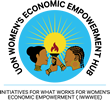Rachel Keeru is pursuing a Master of Arts in African Women's Entrepreneurship at the University of Nairobi. She aspires to apply and share knowledge in an industrious or commercial environment to establish and maintain market presence at national and international levels. She works diligently to achieve organization’s goals while at the same time upholding dignity and integrity. She is an objective oriented person with the determination to excel, responsible, self-driven, team player, excellent communicator with analytical skills, proven ability of resilience and capability to handle confidential information.Read More
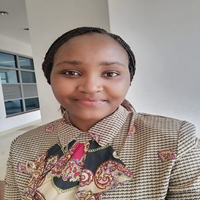
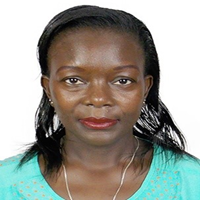
Emilly Owiti is a Strategic Communication, Policy Advocacy and Knowledge Management professional and Researcher at the UoN WEE Hub a part-time Lecturer at the University of Nairobi Faculty of Business and Management Science, department of Business Administration. She is a PhD candidate of Project Management at the University of Nairobi specializing in Project Design, Planning, and Implementation. Emily’s research interest spans project communication, knowledge management with specific interests in leadership, women’s economic empowerment, gender, water and sanitation, marketing and behavior change communication. She has taught communication, strategic project management, project monitoring and evaluation and leadership at the Management University of Africa and the Kenya Institute of Management. At the Hub she has supported the development of the communication strategy and its implementation and building the Hub’s profile as a thought leader in WEE research. Read More
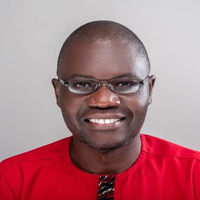
Asayya Imaya is a senior leader with 25+ year’s global experience in building coalitions across boundaries to achieve systemic social change. Imaya has led the design and delivery of programming across multiple thematic areas including disability, HIV and AIDS, women’s empowerment, health, youth empowerment, childcare, and education. Read More
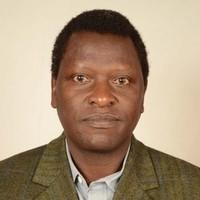
Masheti Masinjila is a social policy researcher with a bias for gender responsive analysis. He has experience as a member of academic faculty at Universities in Kenya as well as visiting lecturer at Dartmouth College on a (US) National Endowment for Humanities fellowship. He has conducted many studies in literature and culture, social policy, gender impacts of development, gender and trade, gender and education and sexual and gender- based violence among others. He has worked as a program specialist in Africa region as well as South East Asia. He is currently the Executive Director of Collaborative Centre for Gender and Development (CCGD) - a gender policy research, advocacy and capacity building NGO. Read More
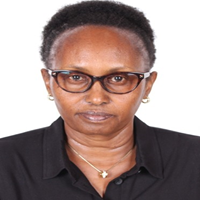
Njeri Karuru has over 28 years of experience in leading and managing programmes and projects in Peace Building, Governance, Security, Humanitarian Assistance and Development, Gender, Capacity Building and Knowledge Management. She also has experience in managing and leading teams in sub-Saharan Africa. She has previously worked with UN Women, Nigeria, the International Development Research Centre (IDRC), and USAID Regional Office for East and Southern Africa, among other organizations. She has been working as Consultant since November 2018 in research and management. Her most recent work has been with the African Women Studies Centre (Women’s Economic Empowerment Hub), where she is a Principal Investigator in the Affirmative Action Cluster in a Bill and Melinda Gates funded Women’s Economic Empowerment programme. Read More
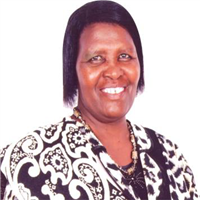
Mary Wambui Kanyi holds a BA in Religious Studies and Anthropology from Saint Mary’s College, Notre Dame, IN, USA, Master of Arts (MA) Degree in Social Cultural Anthropology from Ball State University, IN, USA. She is currently pursuing her PhD in women’s leadership at the University of Nairobi – African Women Studies Centre (AWSC). She is also a gender expert and specializes in mainstreaming gender and women in development policies and programmes and gender responsive policy analysis. Kanyi joined the women’s movement in 1998 just after the defeat of Hon Phoebe Asiyo’s affirmative action motion. This was a moment when Kenyan women were determined to push for the critical mass women’s representation in decision making institutions, particularly the national assembly. Read More
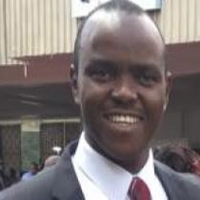
Dr. Robert Kibugi is a Kenyan environmental lawyer who holds Doctor of Laws (LL. D) degree from the Faculty of Law, University of Ottawa. He also holds a Bachelor of Laws (LL. B) and Master of Laws (LL.M – environmental law) from the University of Nairobi. Dr. Kibugi is currently a Lecturer in Environmental Law at the Centre for Advanced Studies in Environmental Law and Policy (CASELAP), University of Nairobi where he teaches post-graduate classes at the master’s level and Ph.D. seminars. Read More
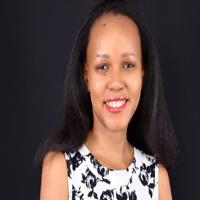
Nkatha Kabira is a poet, author and Senior Lecturer at the School of Law, University of Nairobi. She is an Iso Lomso (“eye of tomorrow”) Fellow at the Institute for Advanced Studies in Stellenbosch (STIAS), South Africa, a Fellow at the Institute of Advanced Studies, Berlin (Wiko), a Fellow of the Africa Science Leadership Programme, University of Pretoria and a fellow at the Institute of Advanced Studies, Program on Social Sciences at Princeton University. She is a fellow at the Ife Institute for Advanced Studies, Nigeria, a fellow at the Intercontinental Academia (ICA) and a member of the Global Young Academy. Nkatha was also recently appointed as a Distinguished Africanist Scholar at the Institute of African Development at Cornell University. Read More
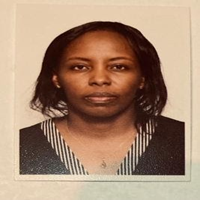
Wanjiku has been teaching Gender and Development on a part-time basis at the African Women’s Studies’ Centre of the University of Nairobi since 2019. She has nearly 18 years of international development experience in East and Southern Africa, in the areas of decentralized governance, public policy analysis and engagement; community-based development programming and gender. She has worked in these roles in Kenya, Ethiopia, Uganda, Tanzania, Malawi, Mozambique, Rwanda and Zambia. In these countries, she has worked on strengthening the capacity of local governments and non-state actors; and in supporting initiatives that mobilize localized action and resources. Read More
